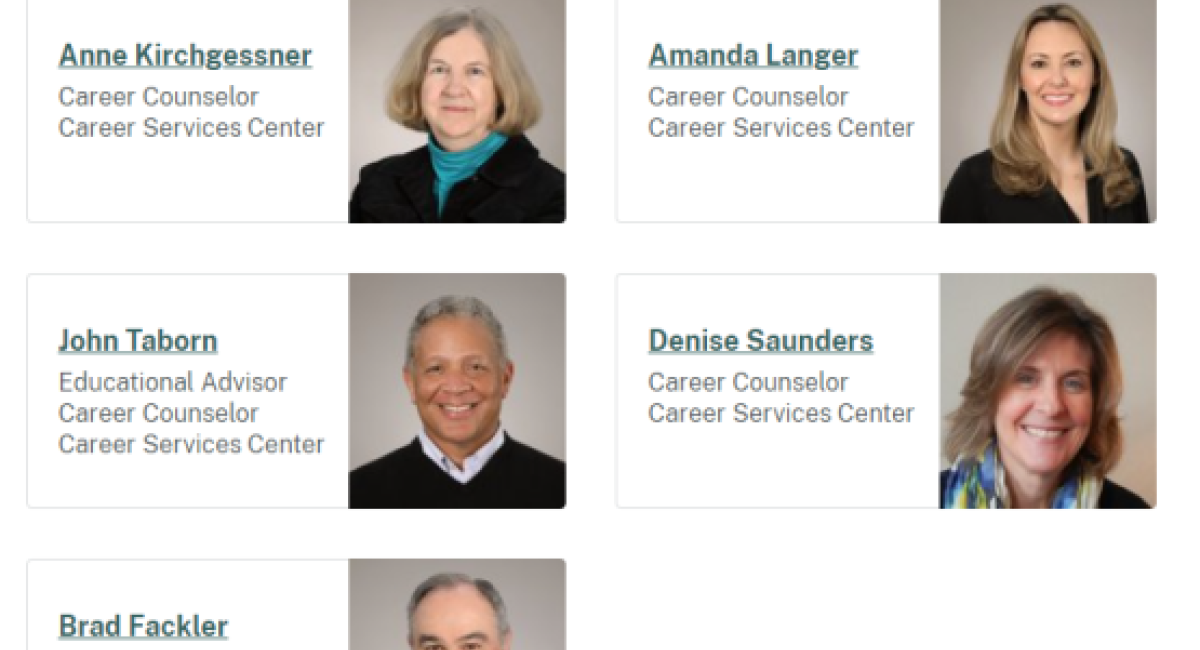Happy holidays, everyone! Last month, OITE hosted an online chat on careers in science writing with Mariette DiChristina, the Editor-in-Chief of Scientific American. The chat was attended by over 400 people, and some questions remained unanswered by chat's end, so Ms. DiChristina graciously offered to answer those remaining. Here are her responses to your questions:
Q: I would love to hear about what steps one should take while in grad school - i.e. prepare for a postdoc? seek out writing opps?












